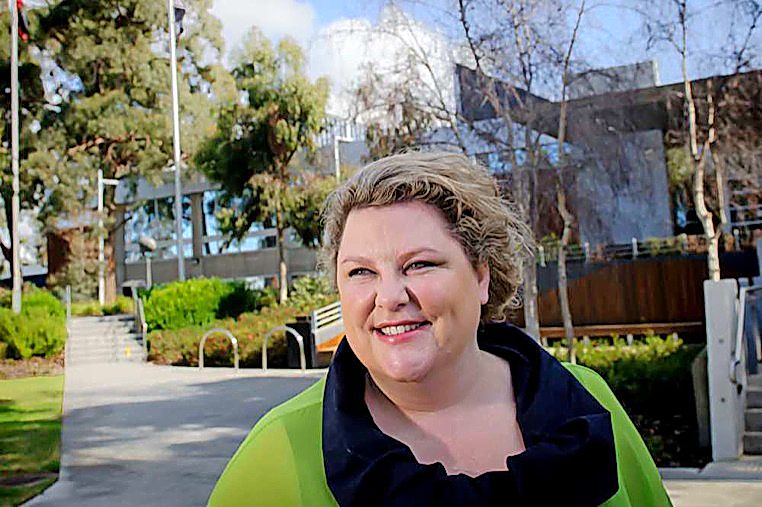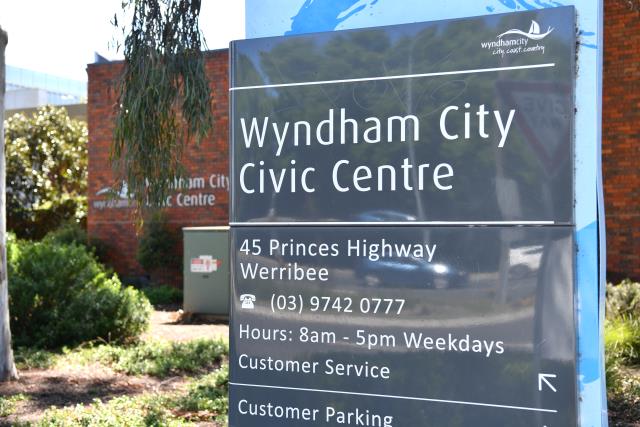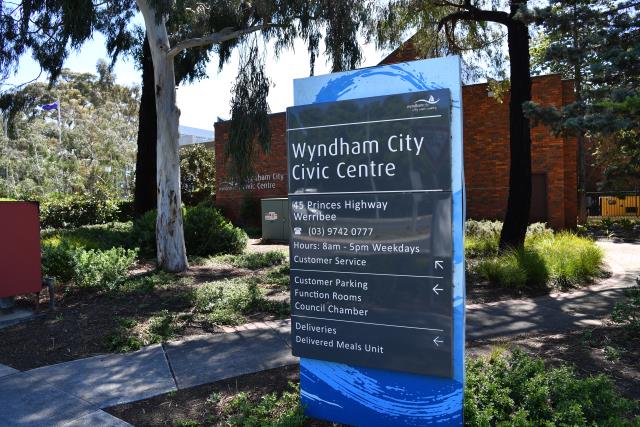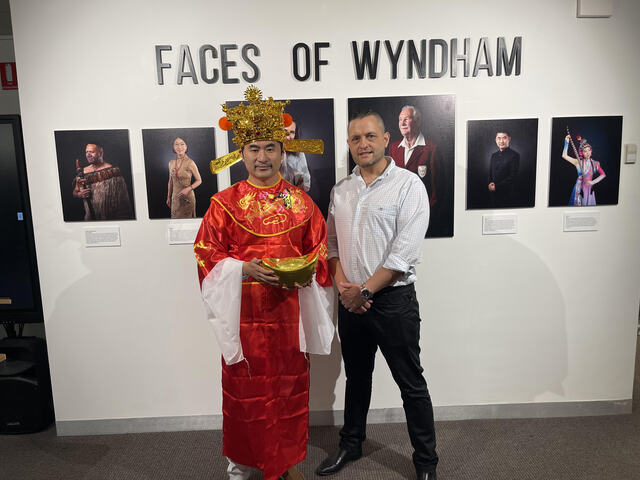Wyndham council has made five employees redundant and hired six in its first restructure in more than a decade.
Five council managers and directors have left, nine existing staff will be used in different roles, and six external appointments have been made in the restructure, which was effective from July 1.
Among the new appointees are the former chief executive of the Committee for Melbourne, Kate Roffey, who has taken the role of city economy, innovation and liveability director, while the former events manager for central Geelong, Steve Bentley, has been appointed manager of ‘vibrant city centres’.
The restructure includes overhauling and rebranding council departments, with new departments such as city life; urban futures; economic growth, industry facilitation and visitor economy; and ‘community first and digital mobilisation’.
Wyndham chief executive Kelly Grigsby said the restructure was about transforming the council into a more “contemporary organisation” that “makes it easier for people to access our services”.
She said the recent opening of mini-town halls and an upcoming digital transformation – including the new council website – were part of the changes.
Ms Grigsby said the restructure also included a significant reduction in external consultants.
“What we’ve created is a structure with people who actually have the abilities to do work that has historically been farmed out.”
She said the recent changes were stage one of a three-stage process to improve council efficiencies and focused on restructuring positions at a director and managerial level.
A similar process will now occur within the lower levels of the council, and Ms Grigsby did not rule out more job losses as the restructure progressed.
“The next wave of change is really about how we repurpose positions to better reflect community priorities to deliver on Our Wyndham Towards 2040.
“The overarching focus is doing more with less,” she said.
“It’s using people’s skills in a different way so that we retain as many staff as we can and focus on jobs that are actually about the future and about what we need now – not what we needed 10 years ago.”

















